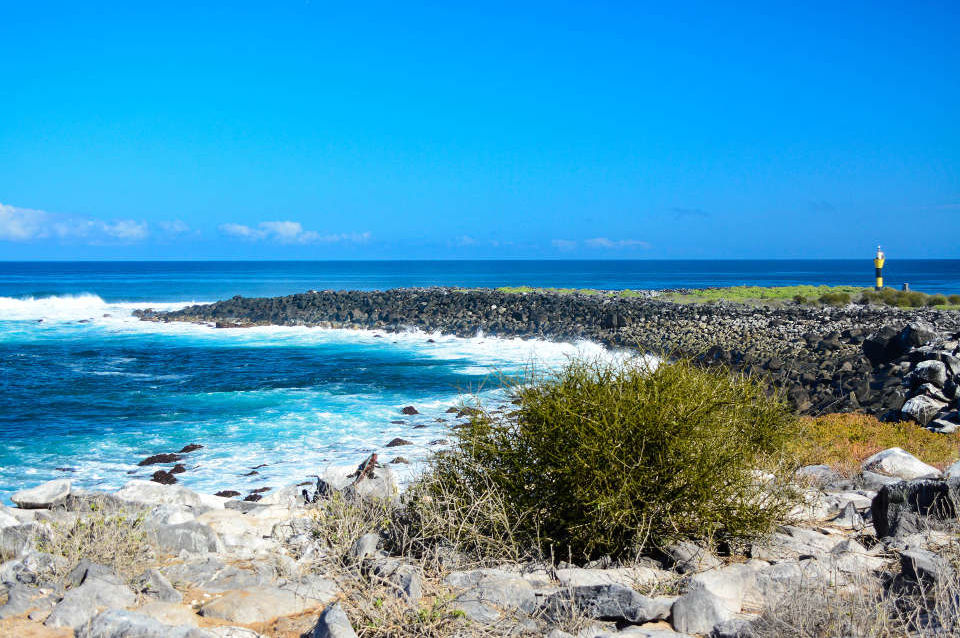|
Sea Food Source published an article about how Ecuador is trying to protect parts of the Galápagos Marine Reserve in the wake of the arrival of hundreds of mainly Chinese fishing ships that are set up in international waters near the country’s exclusive economic zone. Inty Grønneberg – ambassador for the environment and bio-economy at Ecuador’s Ministry of Environment and winner of the MIT Technological Review’s Inventor of the Year Lat-Am award in 2018 for having created turbines capable of removing and storing up to 80 tons per day of plastic waste found in rivers and seas – says that meeting with other countries is simply not enough.“A firmer stance from the government is needed. It is not the first time that fishing vessels arrive in the Galapagos, and if they continue, they will seriously affect the ecosystem," he said on Twitter. The NGO called on China’s government to take a leadership role in distant-water fleet governance, fishery sustainability and combating IUU. Steps in this direction may include improving vessel registration and transparency; stricter regulation and enforcement of distant-water fleet operations; and strengthening bilateral cooperation with states where Chinese vessels fish. Ecuador is not the only country grappling with the arrival of Chinese vessels. Most recently, three industrial vessels linked to China – Jian Mei 1, Jian Mei 4, and Hong Chang 1 – fled Sierra Leonne instead of paying fines associated with violating national laws and regulations. Go to: bit.ly/2XDEdCN to see source
1 Comentario
|
FUCOBISomos una organización al servicio de la salud ambiental y poblacional trabajando por la conservación y recuperación de nuestros recursos naturales a lo largo plazo en defensa de la salud humana. Categoríasarchivo
Octubre 2022
|
- CONÓCENOS
- English
- Premios
-
UNA SALUD
- Proyectos para Estudiantes
- mangroveENCODE >
- shrimpENCODE >
-
childrenENCODE
>
- Proyecto Foldscopes: From Southborough to Ecuador >
- Shrimp Scampi
- Somos lo que Comemos
- Malformaciones Congénitas (Metales y COPs)
- Cancer y EDCs (metales y COPs)
- Aprenda sobre los Contaminantes que afectan a las Personas
- Genes que causan Alergias en Humanos
- Resistencia a Antibióticos y la Industria Avícola
- Contacto
- Eventos
- Publicaciones
- Como puedes ayudar
- Blog

 Canal RSS
Canal RSS
